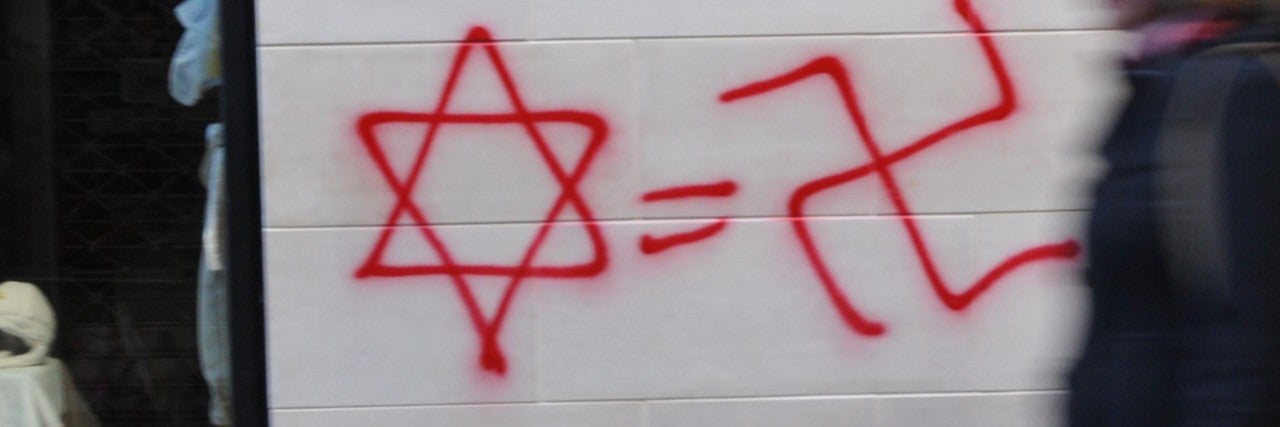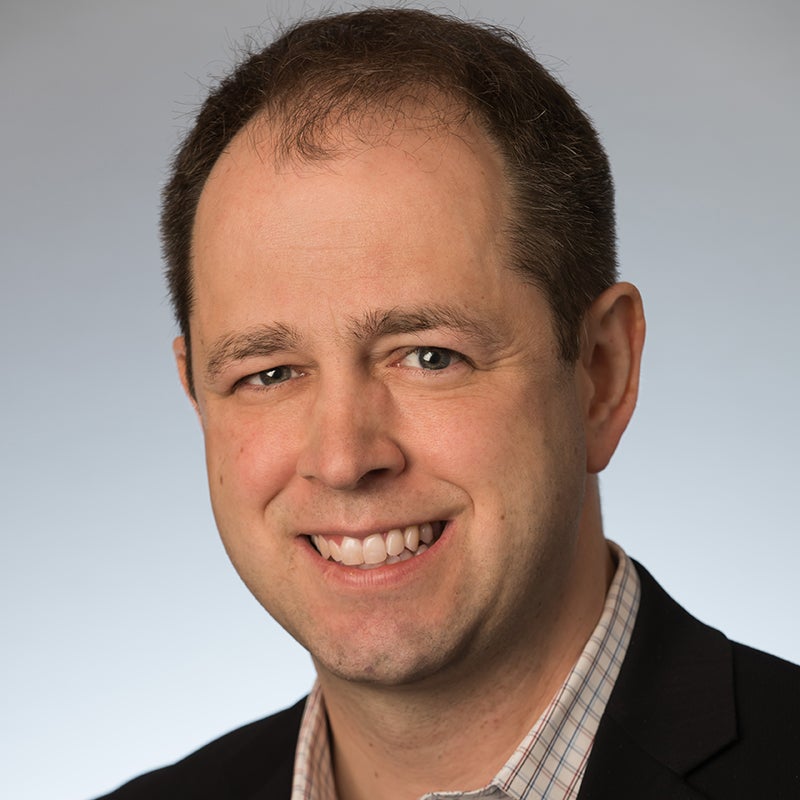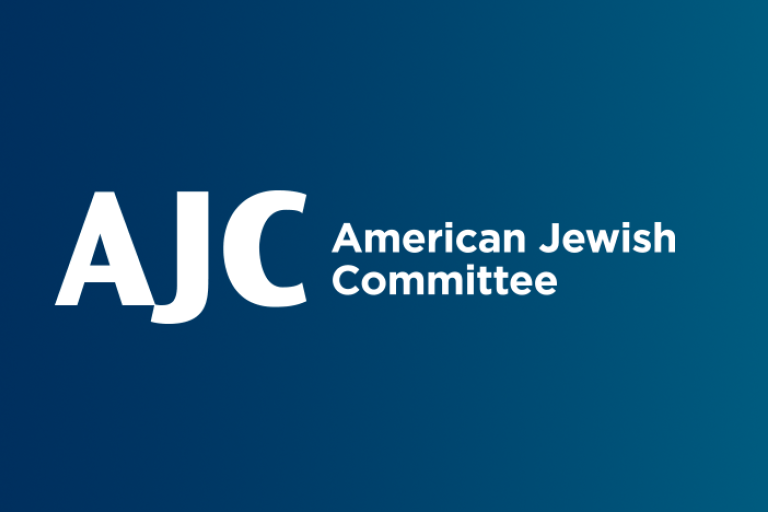November 24, 2020 — Washington, D.C.
This piece originally appeared in Washington Examiner.
Two new reports about prejudice in the U.S. raise profound questions regarding the safety and security of American Jews.
The FBI’s annual Hate Crimes Statistics report is one of the most comprehensive barometers of prejudice in our country.
Although comprising slightly dated data from 2019, and with serious reporting gaps, the FBI found that hate crimes are at their highest level in over a decade, up three percent compared to the previous year. Strikingly, the number of murders classified as hate crimes is the highest since the FBI began their report in 1991.
Black Americans remain the most targeted group across all demographics, and Jews rank second. When looking specifically at religious-based hate crimes Jews, despite being less than two percent of the American population, were the victims in more than 60% of those incidents. The gap between Jews and the second most attacked religious group was huge, with Muslims being attacked at the rate of 13 percent.
These numbers were presaged by the 2020 Antisemitism in America Report, which my organization, American Jewish Committee, issued last month. Overwhelming majorities of American Jews say antisemitism is a problem in the U.S. (88%) and that it has increased over the past five years (82%).
What’s more, 37% of American Jews said that they had been verbally or physically assaulted over the last five years because they are Jews. Jarringly, in a nation where Jews have thrived by any measurable metric, 31% of American Jews nevertheless admitted to having avoided certain places out of fear for their safety as Jews and 24% have taken steps to hide their Jewish identity in public.
A careful student can take away many lessons from the history of antisemitism, but one is particularly relevant today: healthy societies do not foster antisemitism. What starts with the Jews rarely ends with them. When societies cannot protect their Jewish population, they will often fail to protect their democracy as well.
What must we do to safeguard American Jews and American democracy? Data from the AJC report, based on parallel surveys of the Jewish and general populations, suggest at least two answers. First, while Jews expressed alarm about antisemitism, 46% of Americans either had never heard the word “antisemitism” or had heard it and did not know what it meant. Like with so many forms of prejudice, education is the key to making a difference.
While there is an important national conversation going on regarding teaching about racism and prejudice in America, there has been very little discussion of working to instill a greater understanding of antisemitism. Indeed, some efforts to include antisemitism in this discussion have been met with hostility. If that opposition continues, antisemitism, which is perhaps the oldest and most complex hatred, will never be understood nor properly fought.
Fortunately, there is a valuable, internationally respected tool that can help explain antisemitism in all of its complexities. The International Holocaust Remembrance Alliance Working Definition of Antisemitism has been adopted by dozens of countries around the world, as well as by the U.S. State Department and Department of Education. A welcome trend has begun of American cities, universities, and other entities adopting the Working Definition and this trend should continue. Crucially, it explains how antisemitism can come from any side of the political spectrum, and how anti-Israel sentiment can cross the line into antisemitism.
The second answer comes from what was, to me, perhaps the most shocking data point in AJC’s report. When asked if the opinion of Jewish people or organizations would influence them in determining whether a statement is antisemitic, 65 percent of U.S. adults said that it would make no difference, while 7% said it would actually make them less likely to find it antisemitic.
Whether we find this lack of deference to be upsetting is largely beside the point. What we learn from this number is that the fight against antisemitism must not be led by Jews. The Jewish community needs America’s political and civil society leaders to identify and denounce antisemitism wherever it is found. This is even more essential when antisemitism comes from a member of one’s own political camp.
Antisemitism has a long history and will not disappear overnight. Yet increased education and solidarity from our friends and allies can stem the tide of rising antisemitism. Only then can we be true to the promise that George Washington made 230 years ago to the Jews of Newport, Rhode Island, to “give bigotry no sanction and persecution no assistance.”
Daniel Elbaum is Chief Advocacy Officer for American Jewish Committee.



